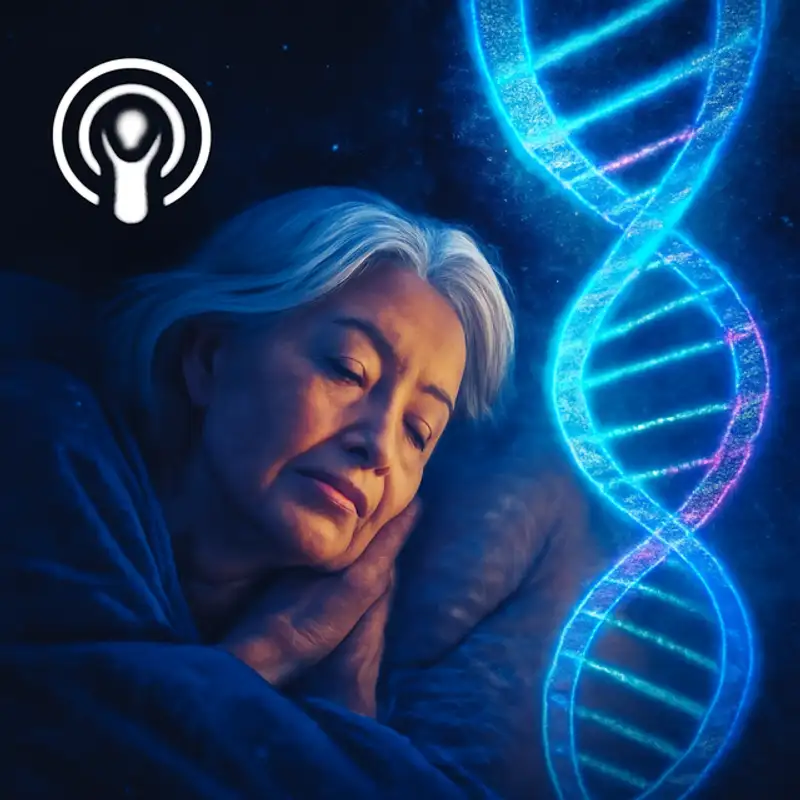 Episode
Episode
· 01:25
Welcome to this episode of Sleep Science Now. Imagine getting by on barely three hours of shut-eye every night, no groggy mornings in sight. Researchers in China have just uncovered a gene mutation that helps explain this rare superpower. In a study published in Proceedings of the National Academy of Sciences, they zeroed in on a 70-year-old woman who’s thrived her whole life on just a few hours of rest. Genetic analysis revealed a unique change in the salt-inducible kinase 3, or SIK3, gene—nicknamed N783Y—that seems to shorten sleep without harmful side effects. When scientists engineered mice with the same mutation, those mice also slept less. As the authors put it, “These findings underscore the conserved function of SIK3 as a critical gene in human sleep regulation.” So far, SIK3 joins a growing list of sleep-related genes, including DEC2 and ADRB1. Though only around 1% of us are natural short sleepers, unlocking their genetic secret could one day lead to new treatments for insomnia and other sleep disorders. That’s all for today—sleep well, or super-sleep well, if you’re among the lucky few.
Link to Article
Listen to jawbreaker.io using one of many popular podcasting apps or directories.